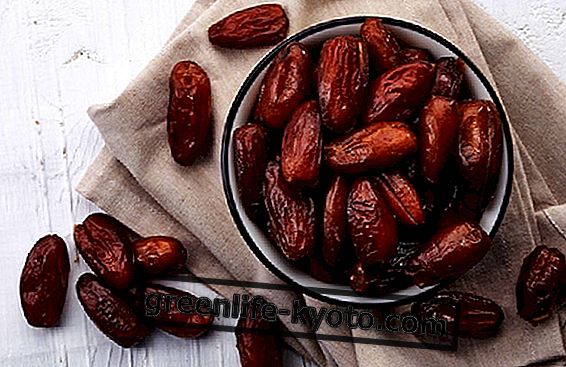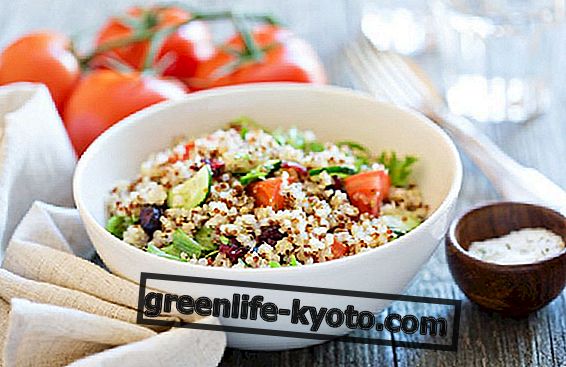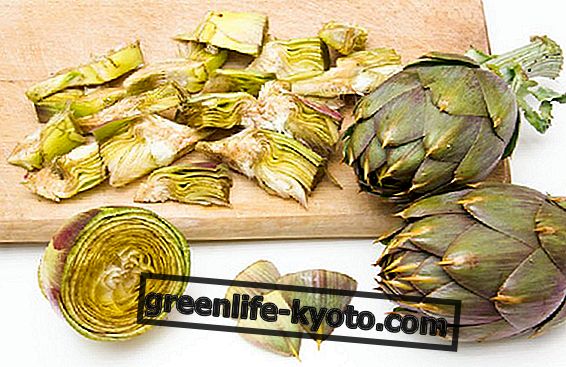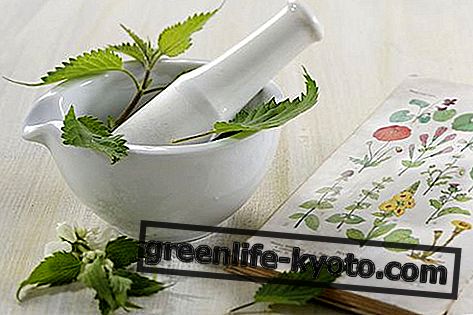
Discovering the properties of winter vegetables .
Winter vegetables: fennel
The fennel actually develops in other months of the year, but they are more typically present in the garden during autumn and winter.
Fennel is, among the winter vegetables, perhaps the most typical of the Mediterranean area. It is used at the end of a meal to aid digestion, or as a side dish to enrich a mixed salad. It can be eaten either raw or cooked.
Fennel, a seasonal vegetable also available in March, is best known for its digestive properties, but also acts against the formation of abdominal gas and abdominal contractions. It has inflammatory power and purifying properties, especially against the liver and blood and, for those who follow a slimming diet during the winter, it is a precious ally: in the face of very few calories, it has a good satiating power and a fair share of vitamins and minerals.
Discover also the properties of winter fruit
Winter vegetables: cabbage and broccoli
Broccoli, turnips, cabbage and cauliflower all belong to the same family and are the true protagonists of winter vegetables. Excellent for seasoning first courses, they are also ideal for obtaining light side dishes filled with savory pies.
Like all vegetables, they have different properties : they are rich in minerals and contain B vitamins, vitamin C and a good portion of dietary fiber; help fight constipation and water retention.
Cabbages have a good share of folic acid and help stimulate the immune system; turnips are especially useful for the well-being of the skin; the cabbage is low in calories and has a high satiating power, as well as a good content of vitamins and minerals .
Other winter vegetables
But it's not over here; winter vegetables are still quite varied and include spinach, beets, radicchio, lettuce, beets, each with its own characteristics and properties.
Spinach, for example, are excellent allies of eyes, muscles, intestine and heart, but to fully benefit from all the nourishment they can offer, it would be better to eat them raw, in salads, seasoned with a little salt, olive oil and juice lemon.
On the other hand, radicchio, a seasonal vegetable available in January, is purifying and offers a valuable aid to those suffering from constipation and digestive difficulties; it also contains tryptophan, a substance that promotes sleep.













